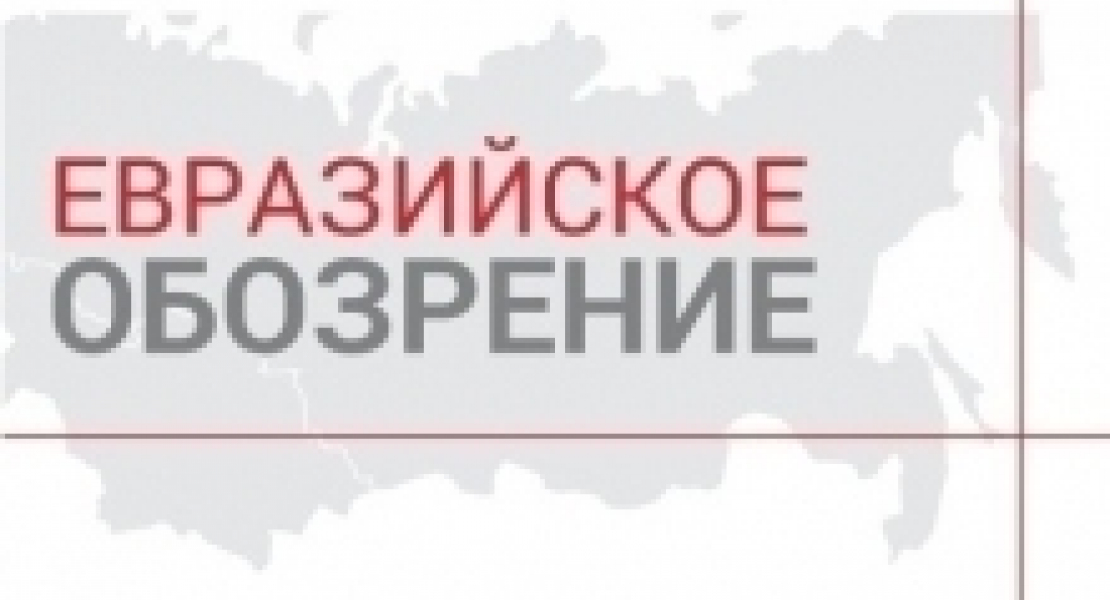BISS presents the forth issue of the Eurasian Review, which analyzes the processes of Eurasian integration.
Eurasian integration has entered an all new phase — the Eurasian Economic Union (EEU) — at a very hard time for the economies of the member states. The Russian economy has stepped into a recession phase, the main reasons for which are the reduction in oil prices globally and western sanctions as a result of the developments in Donbass. The economic situation in Armenia, Belarus, and Kazakhstan, which are closely associated with the Russian market for goods and services, has also deteriorated quite badly following the depreciation of the Russian ruble.
The Main Feature of this new issue of Eurasian Review focuses on the future development of Eurasian integration amid the unfolding economic crisis. Editor-in-chief of the magazine “Foreign Exchange Regulation and Foreign Economic Activities” Uladzimir Arciuhin describes the essence of the economic challenges that emerged in the EEU during the last six months in the wake of the drop in the demand for domestically-produced goods in the Russian market and contemplates possible development scenarios for the EEU in the context of the crisis.
The Highlights section reviews the stances of the most significant political forces in the EEU member states on Eurasian integration, as well as the specific way the NGOs in these countries promote the Eurasian project. The composition of the legislative authorities and type of the political systems of the EEU countries preconditioned the absence of any serious discussions of the Eurasian integration process at the level of both the parliaments and society. Because of weak civil society and tight control of the media by the executive branch, anti-Eurasian initiatives fail to enjoy broad public support, whereas the GONGOs that are closely associated with government agencies become the implementers of pro-Eurasian ideas from top down.


